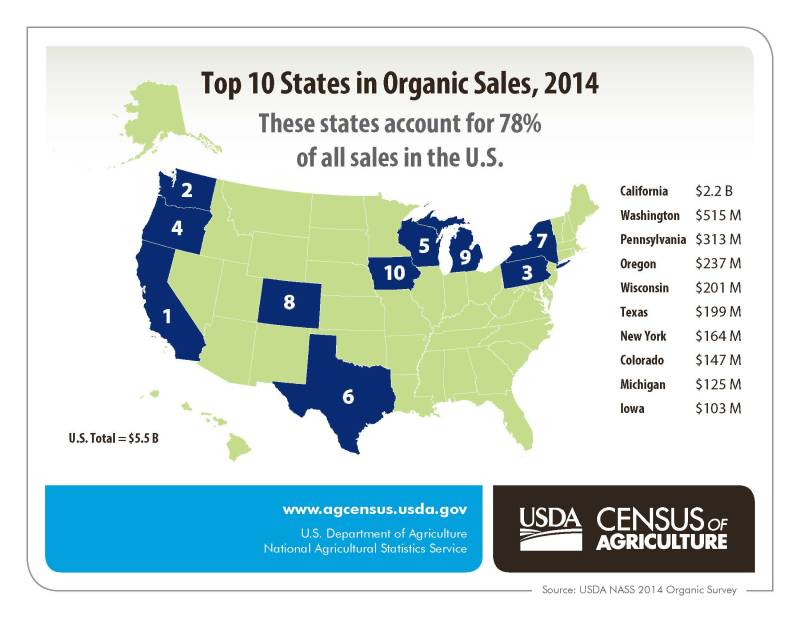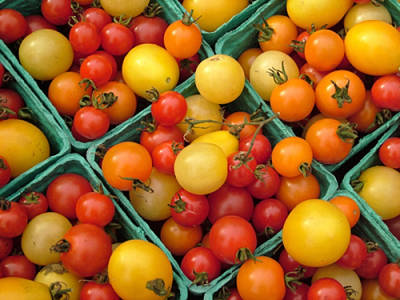Featured Media Resource: VIDEO: What Is Organic Food? (Epipheo)
Epipheo explains what organic food is and why “organic” doesn’t always equal “healthy.”
Do Now U
Are the benefits of organic food worth its price? Do you buy organic food? Why or why not? #DoNowUOrganic
How to Do Now
To respond to the Do Now U, you can comment below or post your response on Twitter. Just be sure to include #DoNowUOrganic and @KQEDedspace in your posts.
Learn More about the Benefits and Costs of Organic Food
Over the past couple of years, there has been increased demand for and increased sales of organic foods as the general public has become more educated about how our food is grown and produced. The term “organic,” as it refers to food, means that fruits, vegetables and grains have not been treated with pesticides or synthetic fertilizers, and the animals that produce meat, eggs, and dairy have not been treated with antibiotics or growth hormones. Studies have been able to demonstrate that organically grown produce may have more nutritional value than produce that was conventionally grown, but consumers still have questions about how much of a difference organic foods make to our overall health and if it’s worth the higher prices. The average price for a gallon of organic milk is $4.30 compared to $3.82 for a gallon of conventional milk, and a pound of organic beef costs about $6.75 when the price for conventional beef is around $3.95 per pound. One may question the benefits of investing in this organic trend and if it is worth the increased costs, especially when on a budget.
[media-credit name="USDA" align="aligncenter" width="800"] [/media-credit]
[/media-credit]
Proponents of organic foods point to several different benefits, including a higher concentration of antioxidants, better taste and supporting overall health. Organic food may have increased levels of nutrients because it was produced without synthetic fertilizers, pesticides or genetic modification. One study found that concentrations of antioxidants were anywhere from 18 to 68 percent higher in organically grown crops. Many consumers also say that organic produce tastes better.
 [/media-credit]
[/media-credit]